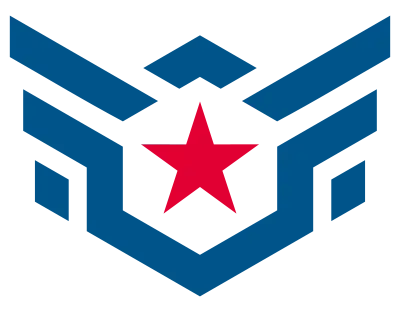Since its earliest days, Amazon has been committed to creating an inclusive workplace. With more than 500,000 employees globally, Amazon strives to foster a sense of community among employees of various backgrounds to foster engagement and innovation.
Like all other diversity groups, Amazon recognizes that people with disabilities add value to the workforce. The company is committed to increasing diversity by being inclusive in its recruitment efforts. Amazon employs people with disabilities across its entire business, from roles focused on the accessibility features of products to positions not related to accessibility, including engineering, design, product management, operations, and senior management roles.
Partnering with PRIDE to Build an Inclusive Workplace
Last summer, PRIDE Industries partnered with Amazon as an Alternative Workforce Supplier. PRIDE Industries is one of seven nonprofit agencies (NPA’s) chosen to recruit, assess, interview, train, and provide onsite support for people with disabilities employed by Amazon, thus helping Amazon continue to succeed as an inclusive workplace.
PRIDE will be placing people with disabilities at Amazon Prime Now and sortation facilities across California. Initially PRIDE provided placement services in Southern California, then quickly expanded into San Diego, the Bay Area and Sacramento.
By partnering with PRIDE Industries, Amazon can leverage its person-centered services. These include assessments, job skills development, training, placement, and ongoing support to ensure long-term employment success.
AWSP: A Win for Both Amazon and Employees
PRIDE has been part of the Amazon Alternative Workforce Supplier Program (AWSP) for nearly a year. The goal is to place and support people with disabilities into employment. Early results have proven positive for those with disabilities and for Amazon. According to Amazon, AWSP associates at participating Amazon sites have shown better quality and average productivity when compared to what are often seen as more traditional workforce programs.
By not only accepting nontraditional talent, but actively seeking it out, the AWSP has built new job opportunities for people who have often had a hard time gaining full-time or part-time employment. An inclusive workplace benefits everyone.
